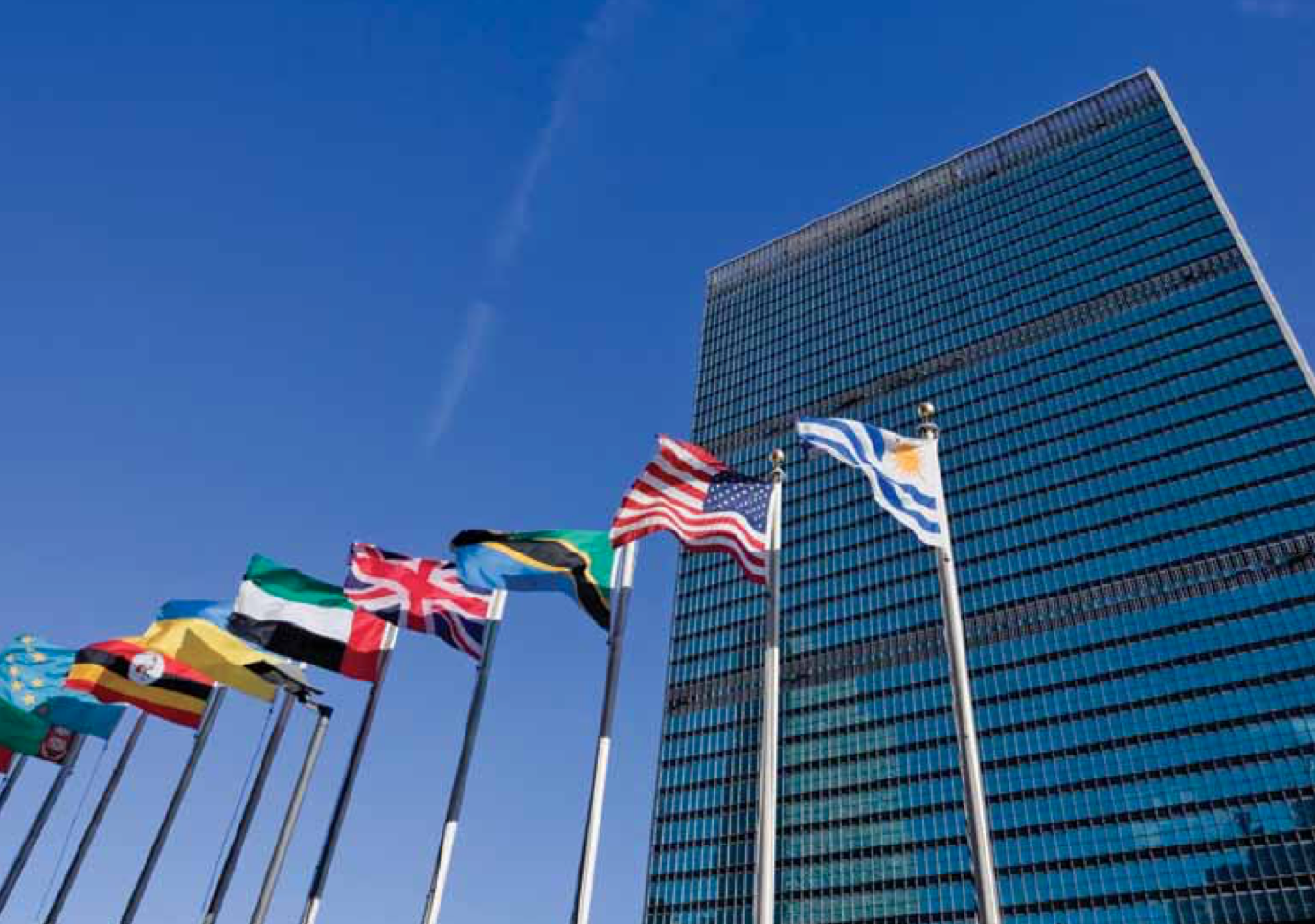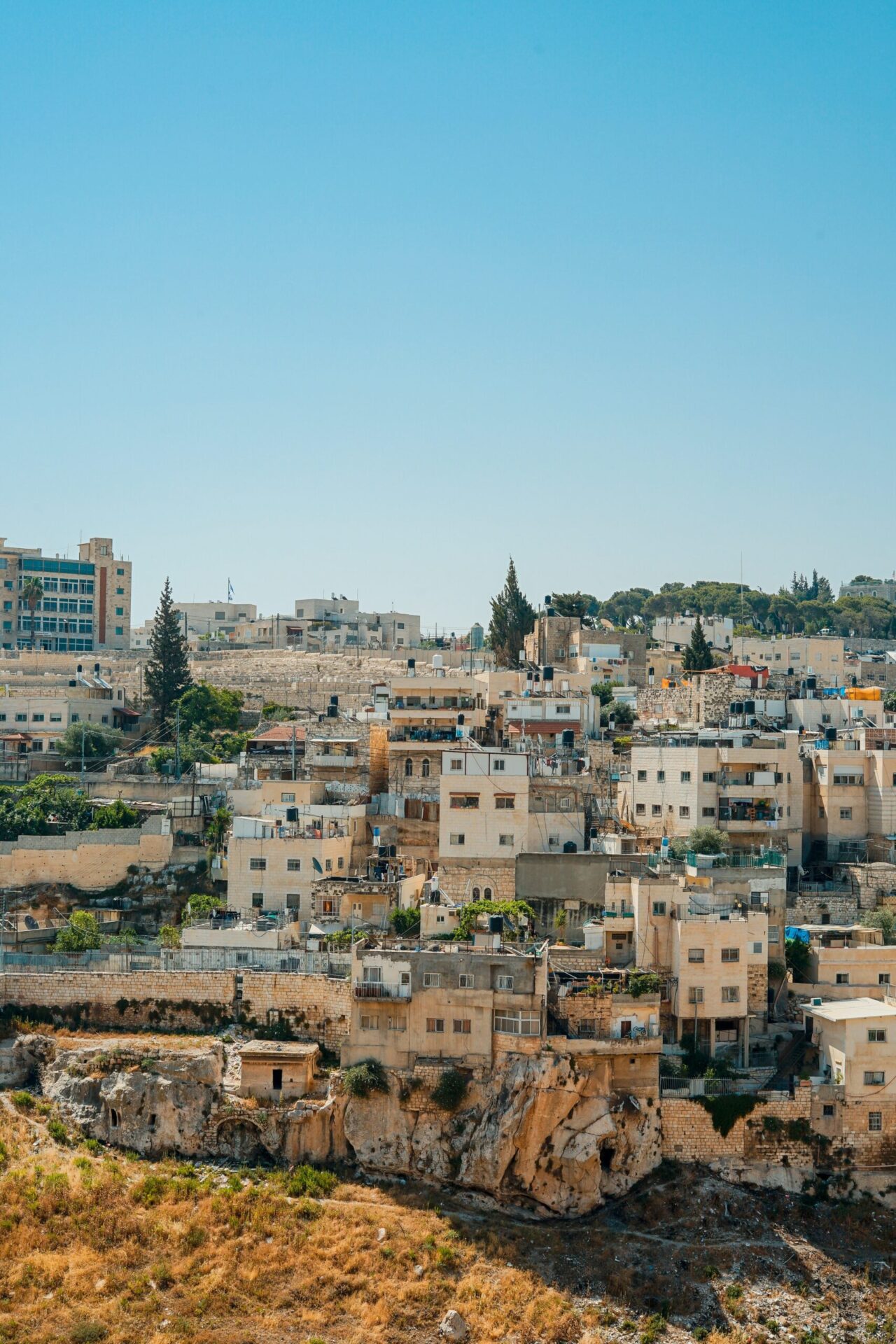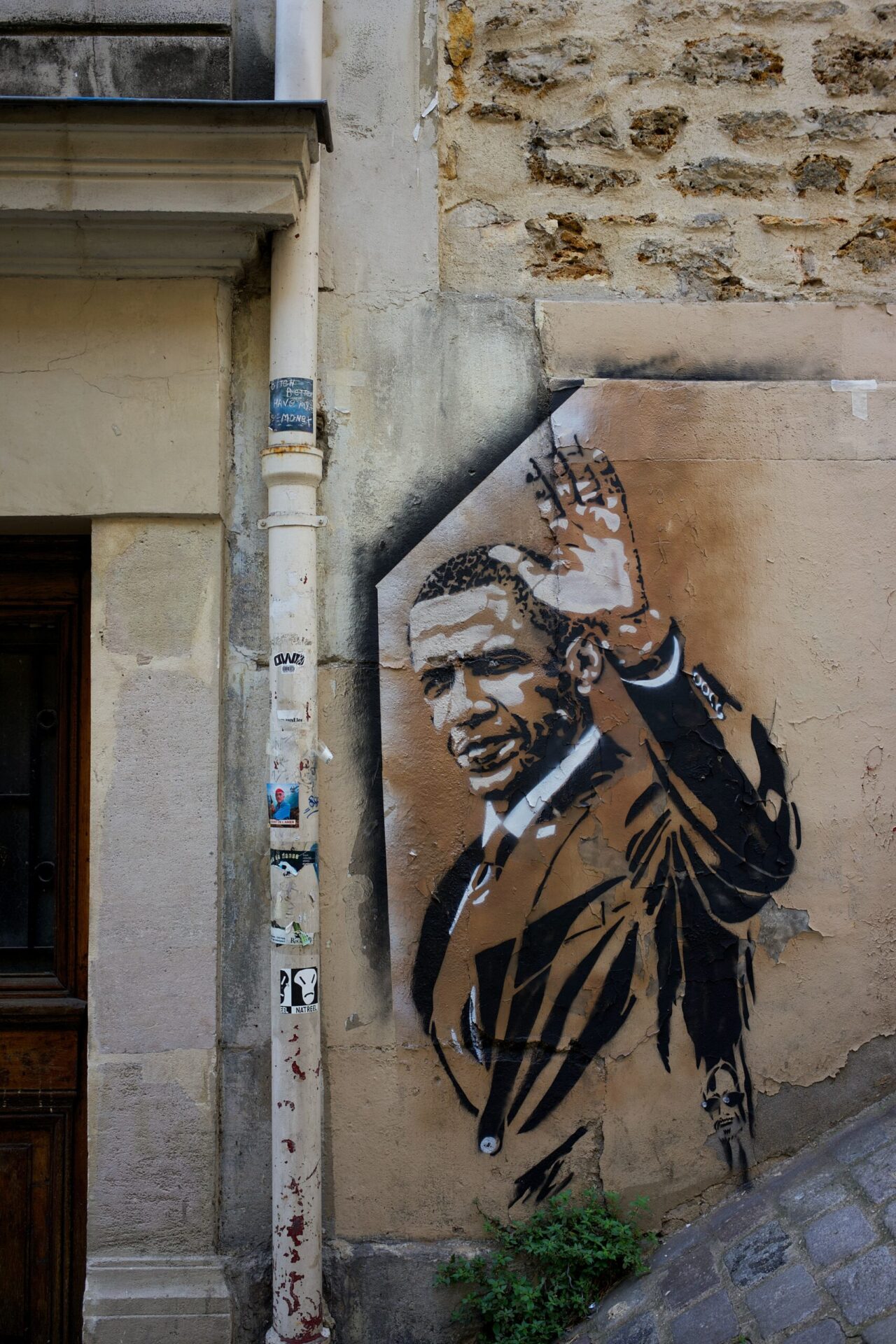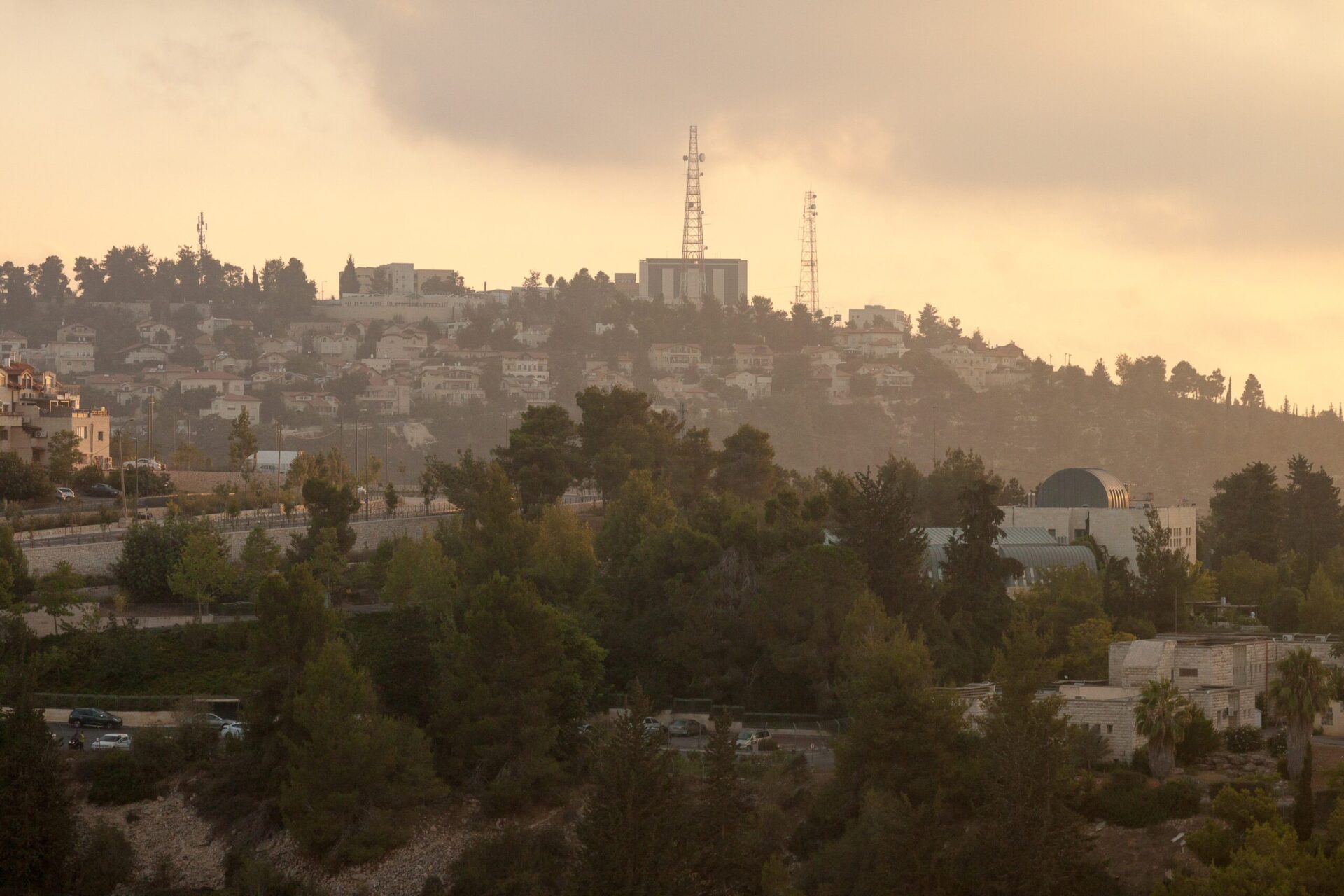(Janes Intelligence Review) – Although the Palestinian Authority’s application for full statehood to the UN General Assembly was celebrated vociferously in Gaza and the West Bank, little is expected to change. Barak Seener examines the strategy behind the bid and Israel’s reaction.
On 23 September, Palestinian Authority (PA) President Mahmoud Abbas for- mally presented the PA’s application for full statehood to the UN General Assembly. This bid, which was greeted by celebrations in Gaza and the West Bank, followed months of speculation about whether Abbas would make the bid and how it might be received.
Abbas’ move came despite last-ditch efforts by Israel and the United States to prevent the formal application, with the US warning that such action could serve to undermine the long-running peace process. However, with the bid now having entered a protracted evalua- tion process at the UN, the focus has shifted back to events on the ground. In particular, the 18 October release of Israeli Defence Forces (IDF) soldier Gilad Shalit – who had been held by Hamas since June 2006 – in exchange for Palestinian prisoners has drawn a clear line of comparison between the approaches of Hamas and Abbas’ Fatah, and raised questions about which may prove more effective.
Underlying these different approaches is the long-term disjunction in terms of perception of the aims of the various actors in the peace process. While the common understanding, and generally that of various Western interlocutors in the process, is that the conflict centres on territory and nationalism, this is only part of the issue. If it were simply about territory, the peace process might have been resolved decades ago. Instead, a complex web of ideology and identity, often even within the PA, continues to drive efforts at dialogue. It is these two separate cur- rents within the negotiating process that have led to the dual-track approaches of Hamas and Fatah, and which will dictate the evolution of the peace process.
Ideological backdrop
Despite the ongoing emphasis on the need for Israel and the PA to return to negotiations, the long history of such talks suggests that dialogue is less a means to resolve the conflict than a flawed attempt to manage it. At root, the aim of resolving the conflict founders on the incompatibility of issues of ideology and nationality, rather than territory, as illustrated by the long- standing issue of recognition. It had been a long time coming when Israeli Prime Minister Binyamin Netanyahu recognised a potential Palestinian state in a June 2009 speech at Bar-Ilan University. In recognising a two-state solution, Netanyahu opened himself up to vehement criticism from within his own Likud party, as well as his right-wing and religious coalition partners. Conversely, Abbas has said to the international community, “Do not order us to recognise a Jewish state.
We will not accept it.” Netanyahu must also contend with coalition partners, some of whom are religious nationalists who refer to the Jewish legal prohibition on ceding any territory of the land of Israel. The non-negotiable approach to the conflict is expressed in the Palestinian Liberation Organisation’s phased approach of 1974, which was to establish an “independent combatant national authority” over any territory that is “liberated” from Israeli rule through the “armed struggle” (seen by Israel and the international community as terrorism). (Article 2 of the constitution). Articles 4 and 8 respectively establish a sequence of destroying Israel using a Palestinian national territory as a springboard for operations leading the provocation to war that could attract the surrounding Arab states to attack Israel.
Negotiations have often contributed to the ongoing stalemate. The PA Minister for Jerusalem Affairs Feisal Husseini called the Oslo Accords, signed in 1993 and establishing a definitive framework for negotiation, a Trojan Horse. In an interview given to Egypt’s Al-Arabi newspaper in 2001, Husseini said: “Had the US and Israel not [thought], before Oslo, that all that was left of the Palestinian national movement and the Pan-Arab movement was a wooden horse called Arafat or the PLO, they would never have opened their fortified gates and let it inside their walls… The Oslo Accords were a Trojan Horse; the strategic goal is the liberation of Palestine from the [Jordan] river to the [Mediterranean] sea.” It is this approach that frames both Abbas’ decision to bid for Pales- tinian statehood and Hamas’ prisoner exchange agreement, although the two appear very differ- ent on the surface.
Read Full Article: JIR_Palestine
Barak Seener is the CEO of Strategic Intelligentia and a former Middle East Fellow at the Royal United Services Institute (RUSI). He is on Twitter at @BarakSeener.







